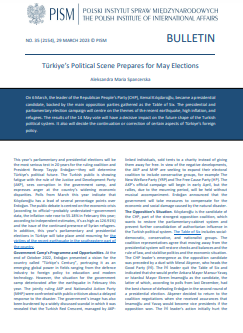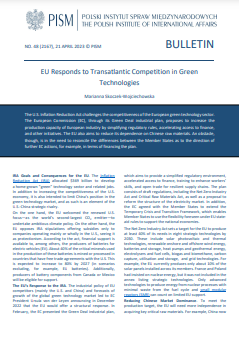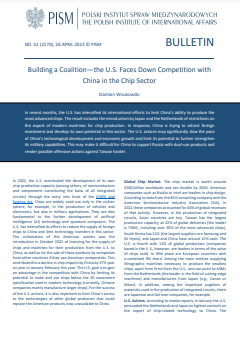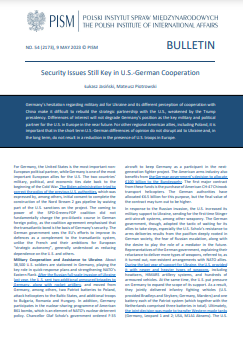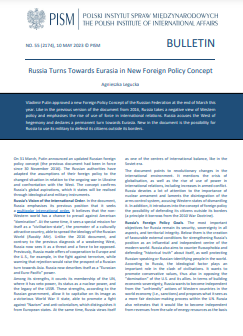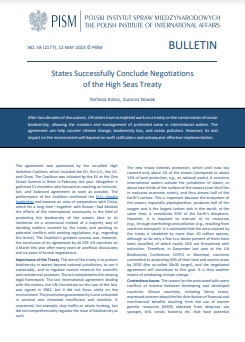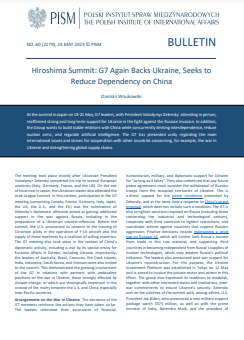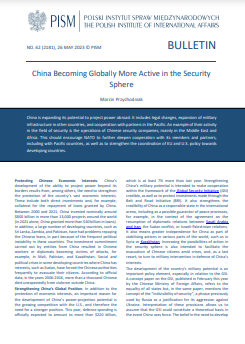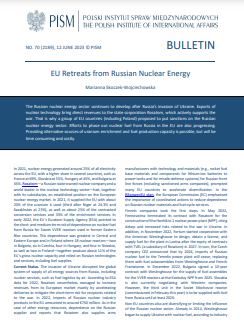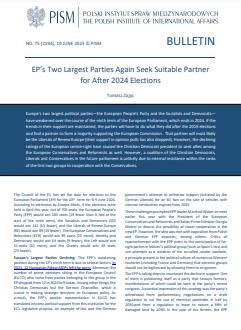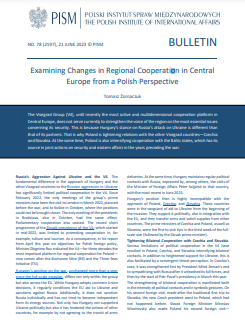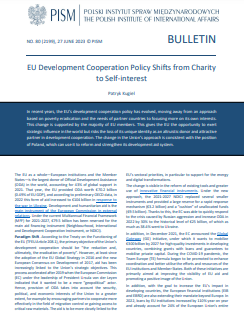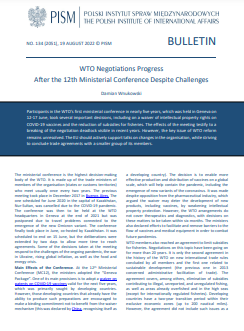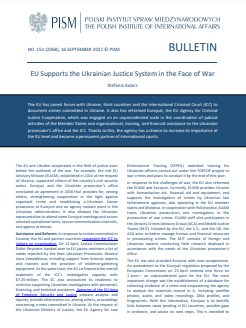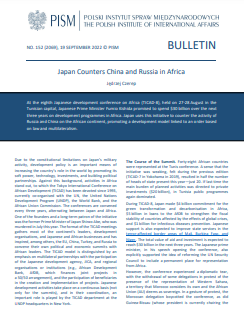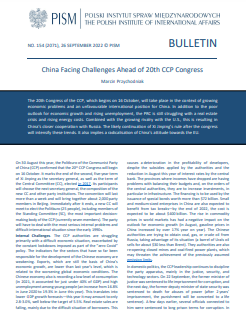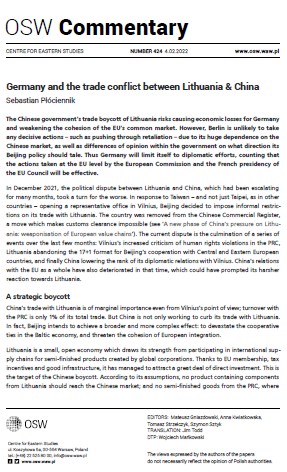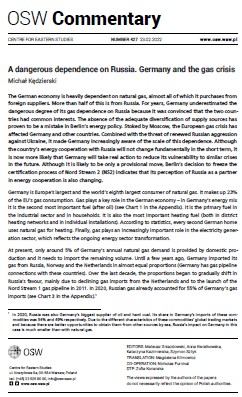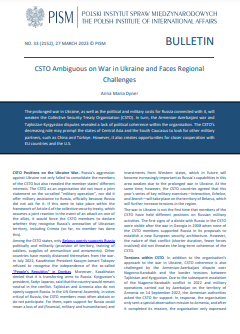
CSTO Ambiguous on War in Ukraine and Faces Regional Challenges
The prolonged war in Ukraine, as well as the political and military costs for Russia connected with it, will weaken the Collective Security Treaty Organisation (CSTO). In turn, the Armenian-Azerbaijani war and Tajikistan-Kyrgyzstan disputes revealed a lack of political coherence within the organisation. The CSTO’s decreasing role may prompt the states of Central Asia and the South Caucasus to look for other military partners, such as China and Türkiye. However, it also creates opportunities for closer cooperation with EU countries and the U.S.
More...
